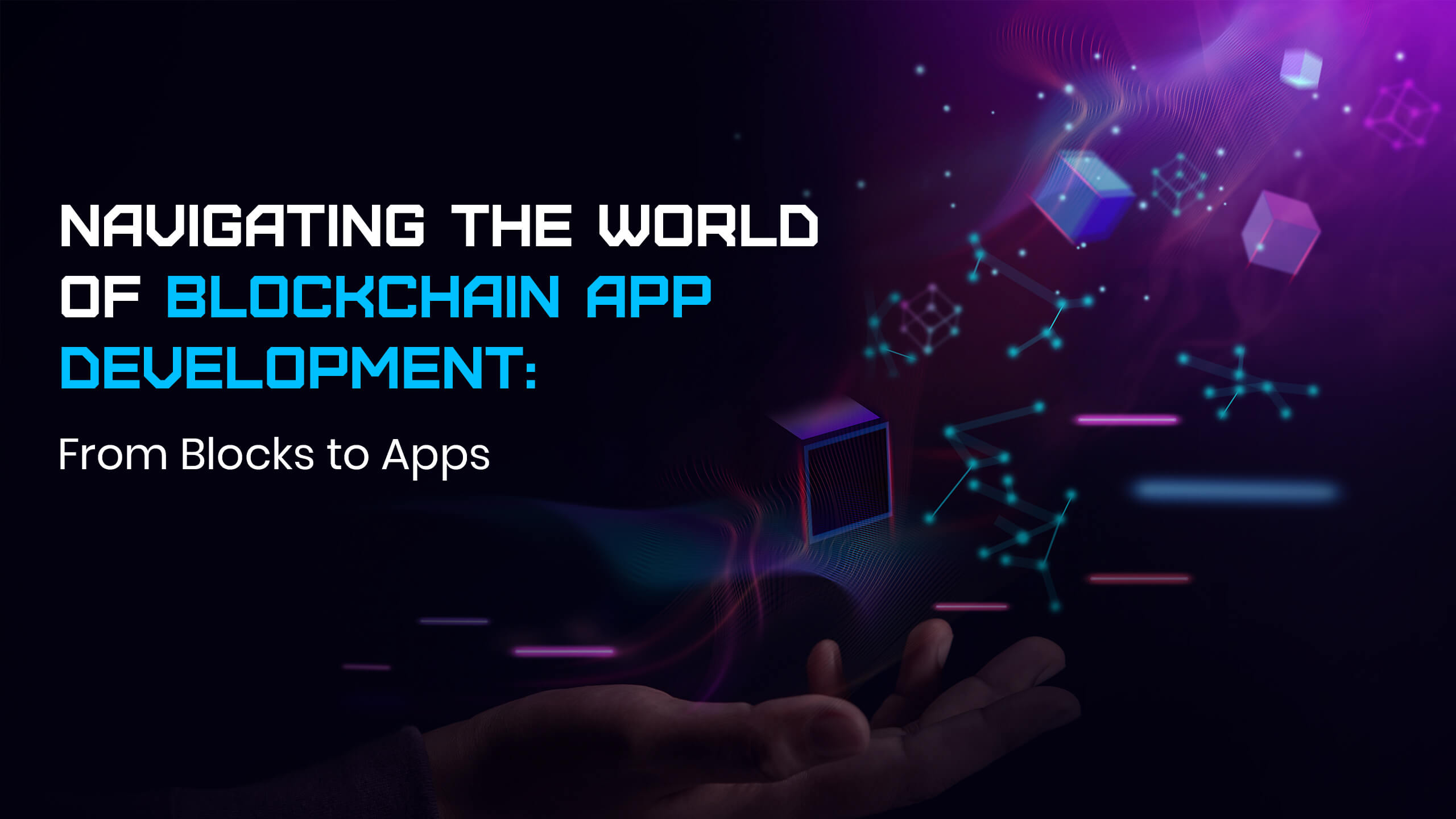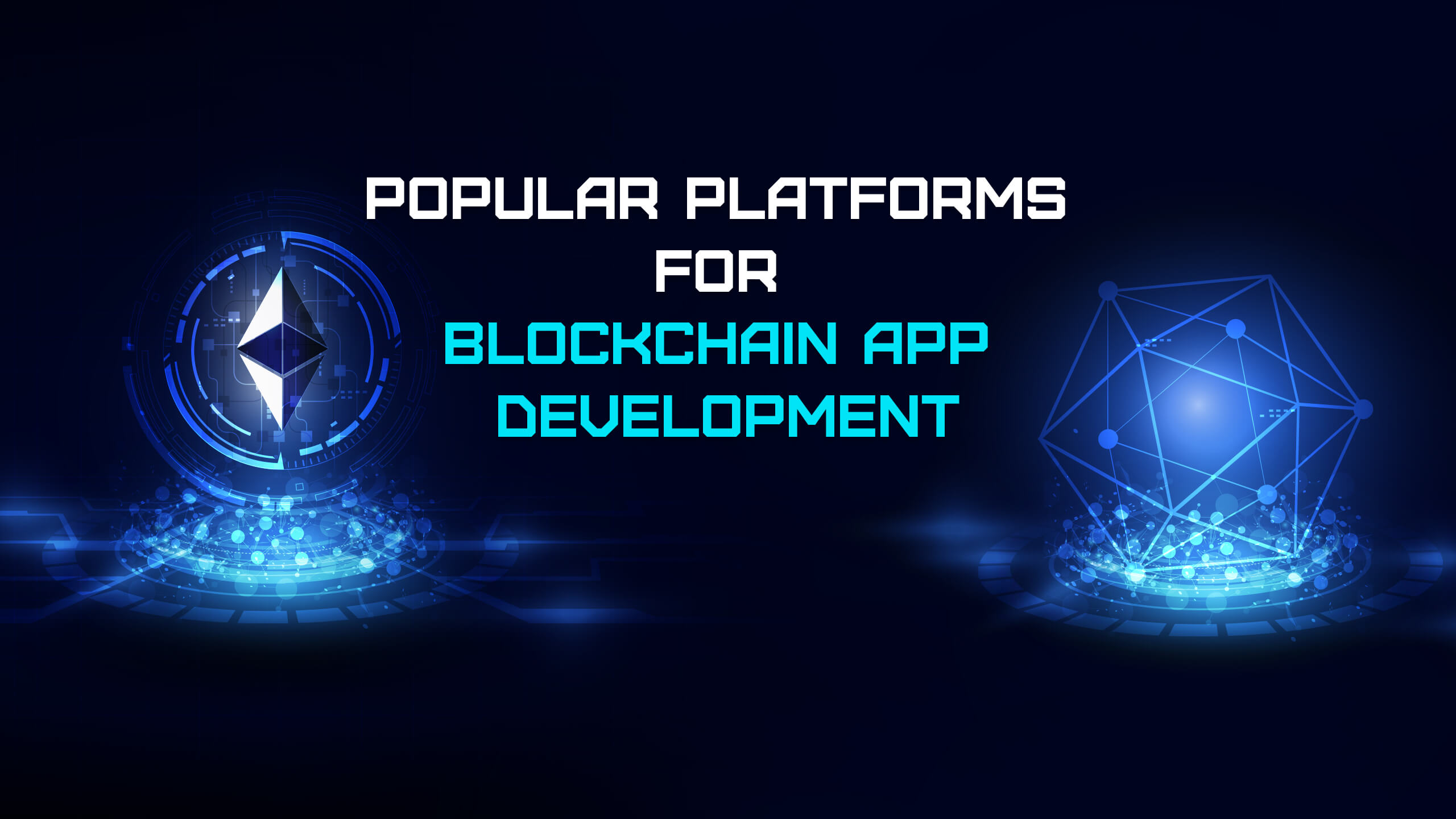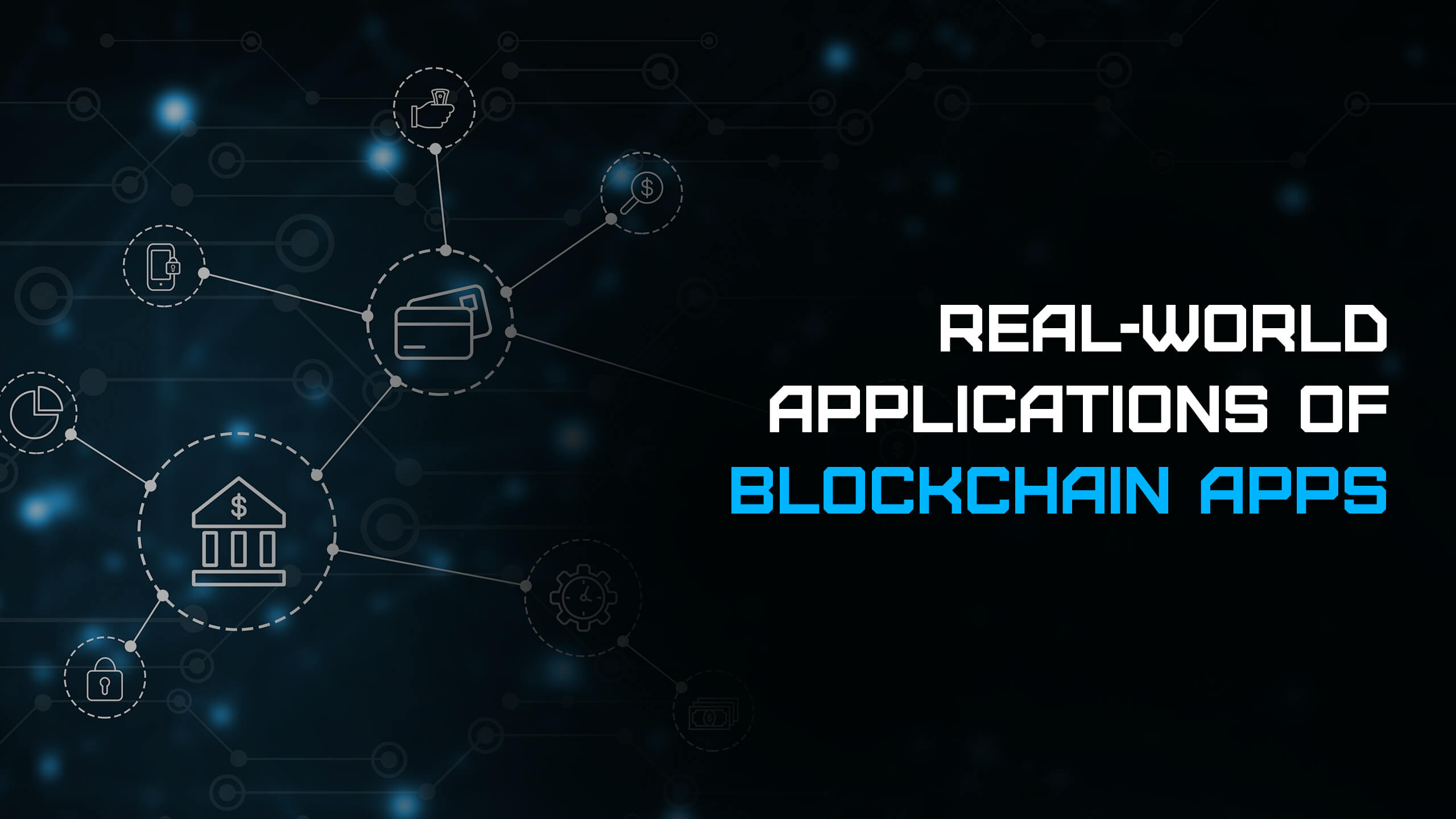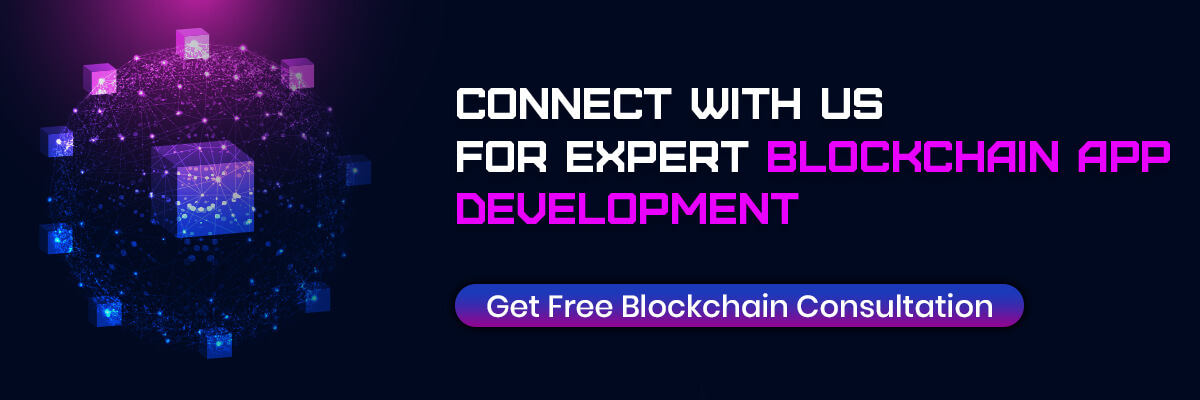Introduction
Blockchain technology has made an impact in industries, revolutionizing how we view and engage with digital information. Essentially, a blockchain is a secure and accountable ledger. In this blog post, we will delve into the world of blockchain app development. Explore its importance and evolution.
Definition of Blockchain
At its core, a blockchain is a chain of blocks, each containing a list of transactions. The uniqueness lies in its decentralized nature, where information is not stored in a single location but distributed across a network of computers. This decentralized ledger ensures that data remains tamper-proof and resistant to hacking.
Significance of Blockchain Technology
What is the reason for the attention that blockchain has received? The key factor lies in its ability to establish trust without relying on intermediaries. In systems, there is often a dependence on authorities for verification, whereas blockchain operates on a peer-to-peer network, eliminating middlemen and improving security.
Evolution of Blockchain App Development
The journey of blockchain has been characterized by milestones. Starting with its introduction through Bitcoin and the emergence of contracts and decentralized applications (DApps), we have observed an evolution. The development of applications represents the frontier of offering solutions that go beyond just cryptocurrency.
Basics of Blockchain
How Does Blockchain Work?
The concept of blockchain revolves around a system that operates without authority, ensuring both transparency and security. In this system, transactions are recorded in blocks, which are then connected using hashes. Unlike systems, blockchain does not rely on a single entity to control the entire network, which makes it resistant to fraud and manipulation.
Decentralized Ledger
Instead of being stored in one location, the ledger is replicated across multiple computers or nodes within the network. This decentralization promotes transparency as every participant has access to the ledger. It also minimizes the risk of a point of failure.
Cryptographic Hash Functions
To link blocks together securely, the blockchain employs hash functions. Each block contains a hash that is generated based on its information. If any data within the block is modified, it alters the hash value, thus alerting the network to tampering.
Key Components of a Blockchain
Blocks
Blocks serve as containers for data, with each block having its own identifier known as a hash. The hash of each block incorporates the details of the block, forming a chain that’s highly resistant to any form of tampering.
Nodes
Nodes, on the other hand, represent computers that actively engage in the blockchain network. They uphold a copy of the blockchain and collaborate harmoniously to authenticate and document transactions. This decentralized network guarantees the system’s integrity and security.
Advantages of Blockchain App Development
Blockchain app development offers a range of advantages that go beyond systems. In this discussion, we will explore the benefits that make this technology a game changer.
Enhanced Security
Cryptographic Security Measures
The blockchain employs techniques to secure transactions effectively. By combining each block hash with the consensus mechanism, it becomes incredibly challenging for individuals to manipulate data. This strong cryptographic security acts as a shield against access.
Immutable Record Keeping
Once a block is added to the blockchain, it becomes extremely difficult to modify its contents. This immutability ensures a tamper record of transactions, guaranteeing a high level of data integrity.
Transparency and Accountability
The transparent nature of blockchain is built into its design. All participants in the network have access to the information, creating an environment of trust. Transactions are visible to everyone involved, which eliminates the need for middlemen and improves accountability.
Efficiency and Speed
In systems, there are often intermediaries and complicated verification procedures, causing delays. Blockchain simplifies this by eliminating intermediaries and automating processes using contracts. As a result, transactions occur quickly, and operational efficiency is enhanced.
Popular Platforms for Blockchain App Development
Blockchain app development utilizes platforms that offer features and capabilities. In this discussion, we will explore two platforms that have had an impact on the world of blockchain applications.
Ethereum
Smart Contracts on Ethereum
Ethereum, as a trailblazer in technology, introduced the concept of contracts. These contracts are self-executing. Enforce predefined rules, reducing the need for intermediaries. Developers can create decentralized applications (DApps) on the Ethereum platform, which has opened doors to an era of blockchain technology.
ERC-20 Tokens
The ERC-20 token standard developed by Ethereum has become the groundwork for assets. This standardization enables the creation and exchange of tokens on the Ethereum blockchain, promoting the expansion of assets based on blockchain technology.
Hyperledger
Permissioned Blockchains
Hyperledger, an initiative hosted by the Linux Foundation, is dedicated to offering tools and frameworks for solutions that cater to enterprise needs. A key highlight is its focus on permissioned blockchains, which ensure that participants are identified and authenticated. This proves beneficial for business applications that necessitate a regulated setting.
Use Cases
With its architecture, Hyperledger can be adapted to use cases. Whether it’s managing supply chains, healthcare, or finance, developers have the flexibility to customize solutions to meet industry requirements. It’s essential, for businesses and developers entering the world of blockchain app development to understand the capabilities and applications of these platforms. In the following sections, we will uncover the challenges faced in this field and explore real-world examples that demonstrate the potential of technology. Stay tuned for an exploration into the intricacies of the landscape!
Real-World Applications of Blockchain Apps
Blockchain technology goes beyond concepts and is being applied in various industries. In this discussion, we will explore real-world examples that highlight how blockchain applications are bringing about transformation.
Finance and Banking
Cryptocurrency Exchanges
One notable application of blockchain is, in facilitating transparent exchanges of cryptocurrencies. Decentralized exchanges utilize contracts to automate trading, giving users control over their assets while reducing the risk associated with intermediaries.
Cross-Border Payments
When it comes to border transactions, delays and high fees are common issues. However, blockchain has streamlined this process by enabling more cost-effective border payments. An example of this is Ripple, which leverages blockchain technology to improve the efficiency of money transfers.
Supply Chain Management
Transparency in the Supply Chain
Blockchain introduces a level of transparency to supply chains that has never been seen before. Every stage of the production and distribution process is meticulously documented on the blockchain, enabling consumers to track where products come from and how they reach their destination. This newfound transparency is priceless when it comes to verifying the legitimacy and ethical sourcing of goods.
Reducing Counterfeits
Embracing technology allows companies to take a stand against counterfeit products. The unchangeable records stored on the blockchain serve as evidence of a product’s authenticity, guaranteeing that consumers receive genuine items. This becomes especially crucial in industries such as pharmaceuticals and luxury goods where ensuring authenticity is paramount.
Future Trends in Blockchain App Development
As technology continues to advance, the world of blockchain app development is also evolving. In this section, we will take a glimpse into the future. Delve into the emerging trends that will shape the wave of blockchain applications.
Integration with AI and IoT
Synergy with Artificial Intelligence
One intriguing frontier in this field is the integration of blockchain with artificial intelligence (AI). The inherent security and transparency of technology greatly enhance the reliability and trustworthiness of AI systems. By utilizing data stored on the blockchain, decentralized AI algorithms can foster a secure ecosystem for AI advancements.
Internet of Things (IoT) Connectivity
The combination of technology and the Internet of Things (IoT) provides an efficient way to exchange data. By using blockchain, we can ensure that IoT data remains intact and cannot be altered, which is essential for applications such as homes and industrial IoT. This merging of technologies has the potential to completely transform how devices interact with each other and exchange information.
Interconnected Blockchains
Cross-Chain Platforms
Interoperability holds importance for the future of blockchain. The development of chain platforms seeks to establish connections between different blockchains, facilitating smooth communication and collaboration. This interoperability opens up possibilities for use cases and expands the reach of blockchain applications.
Enhanced Privacy Features
Privacy-Focused Blockchains
With growing prominence given to privacy concerns we are witnessing the emergence of solutions that offer enhanced privacy features. Zero-knowledge proofs and privacy-focused blockchains aim to ensure confidential transactions attracting industries that prioritize data confidentiality.
D. Blockchain in Decentralising Finance App (DeFi) in 2024
In 2024, blockchain and DeFi are no longer just dating – they’re tying the knot. Expect a whirlwind of cross-chain liquidity, where assets tango between blockchains for better yields. Traditional finance joins the party with CBDCs, blurring lines and boosting legitimacy. Scalability solutions become the wedding planners, smoothing wrinkles and upping transaction speed. Regulation sheds its stiff suit, embracing clearer rules for a DeFi dance floor open to all. User interfaces ditch jargon for smooth moves, welcoming everyone to the financial revolution. Buckle up – 2024’s blockchain and DeFi marriage is a party you won’t want to miss.
Conclusion
As we conclude our exploration into the realm of blockchain development, it becomes evident that this technology is far more than a buzzword; it is a transformative force reshaping multiple industries. From the concept of ledgers to the advanced applications of smart contracts, we have embarked on a journey through the core components and advantages offered by blockchain technology.
Frequently Asked Questions (FAQs)
1. How is Blockchain Different from Traditional Databases?
Blockchain is distinct from databases because of its nature. Unlike databases, which are typically controlled by an entity and vulnerable to a single point of failure, blockchain distributes the ledger across a network of nodes. This distribution ensures transparency, security, and resistance to tampering.
2. What are the Security Measures in Blockchain?
Blockchain utilizes security measures, primarily employing techniques. Each block is protected with a hash, and consensus mechanisms ensure that most of the network agrees on the authenticity of transactions. This decentralized security model poses challenges for attackers attempting to compromise the system.
3. How Long Does It Take to a Blockchain App Development?
The timeline for developing an application can vary depending on factors such as complexity, features, and the chosen platform. Simple applications may be completed within a month, while more intricate projects could span over a year or longer. The process involves stages such as brainstorming, the development of contracts, and thorough testing.
4. Can Any Industry Benefit from Blockchain Technology?
Absolutely, blockchain technology has the potential to bring benefits to a range of industries. From finance and healthcare to supply chain management and entertainment, various sectors have discovered ways to utilize blockchain for security, transparency, and efficiency.
5. What is the Role of Smart Contracts in Blockchain App Development?
When it comes to application development, smart contracts play a role. These contracts are self-executing. Have their terms written directly into the code. By automating processes and minimizing the need for intermediaries, smart contracts enable trustless transactions. Ensure the enforcement of predetermined rules.







